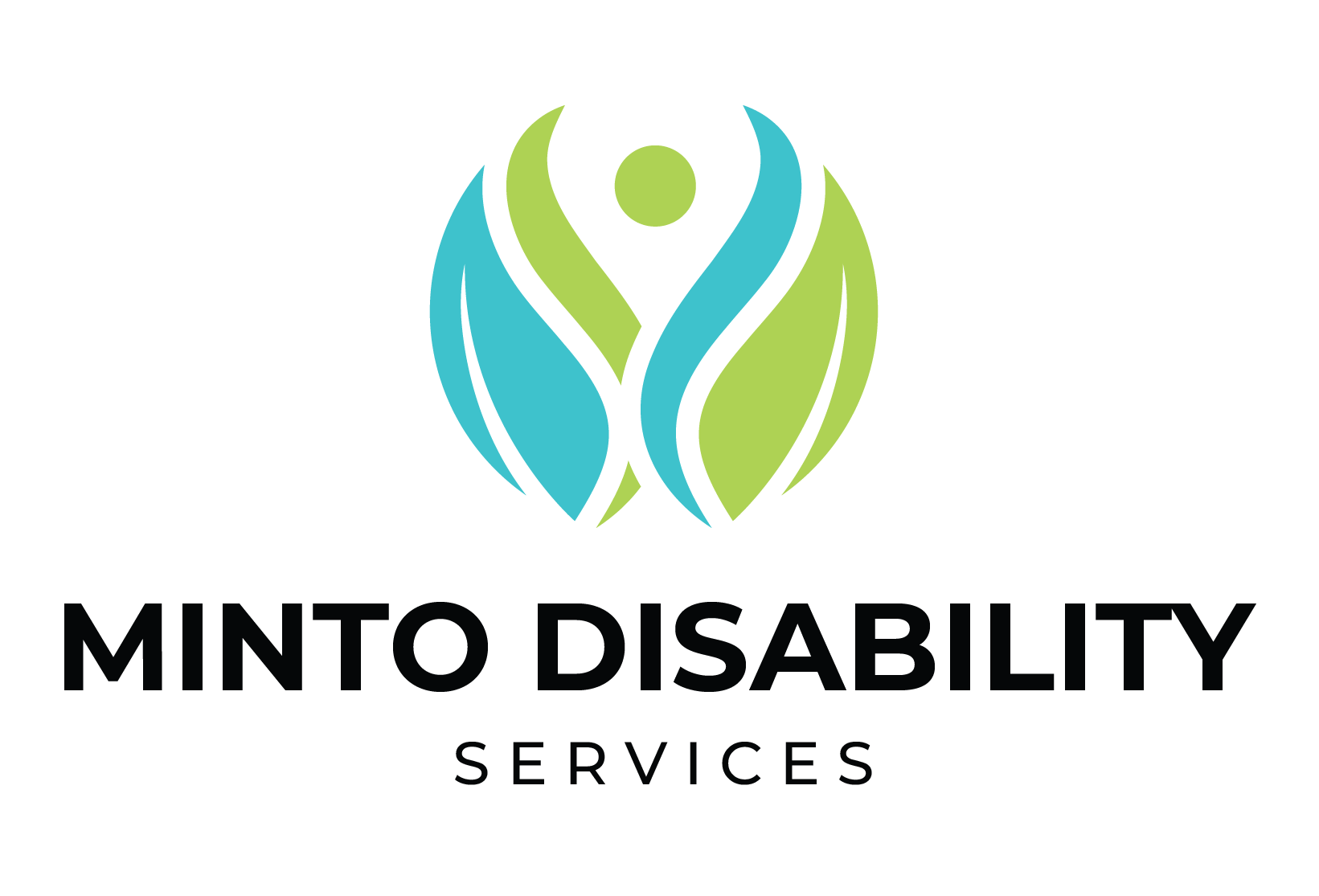A Day in the Life of a Support Coordinator: Insights and Experiences
Introduction
Being a support coordinator can be a challenging yet rewarding career path. This role involves assisting individuals in navigating the complex world of support services and ensuring they receive the help they need. In this article, we will explore the daily experiences, insights, and responsibilities of a support coordinator.
Daily Routine
Morning Routine
Support coordinators typically start their day by reviewing emails and messages from clients and service providers. This helps them stay updated on any new requests or changes in the support plan. They prioritize tasks and create a to-do list for the day.
- Check emails and messages – Respond to any urgent inquiries and requests.
- Review support plans – Ensure all support plans are up to date and accurate.
- Coordinate appointments – Schedule meetings and appointments with clients and service providers.
Midday Responsibilities
During the midday, support coordinators engage in various activities to support their clients’ needs.
- Contact service providers – Communicate and coordinate with different service providers to ensure the delivery of required supports.
- Assist with paperwork – Help clients in completing necessary paperwork, such as funding applications or service agreements.
- Advocate for clients – Advocate on behalf of clients to ensure they receive appropriate and timely support.
Afternoon Tasks
In the afternoon, support coordinators focus on following up with ongoing tasks and addressing any emerging challenges.
- Monitor support services – Regularly check the progress and quality of support services being provided.
- Provide guidance – Offer guidance and advice to clients on available support options and services.
- Collaborate with team members – Share updates and collaborate with other support coordinators to ensure seamless service delivery.
Insights and Experiences
Support coordinators gain valuable insights and experiences through their daily interactions and responsibilities. Here are some key points to consider:
- Empathy and Communication – Developing strong communication skills and empathy is crucial for effectively understanding and addressing clients’ needs.
- Problem-Solving – Every day brings a variety of challenges, and support coordinators must have excellent problem-solving abilities to find solutions.
- Flexibility – The ability to adapt to changing situations and priorities is essential, as support coordinators often juggle multiple tasks simultaneously.
Conclusion
A day in the life of a support coordinator is filled with diverse responsibilities, interactions, and challenges. Through their insights and experiences, support coordinators play a vital role in helping individuals access the support they need to thrive. By developing strong communication skills, problem-solving abilities, and flexibility, support coordinators make a positive impact on the lives of their clients.
